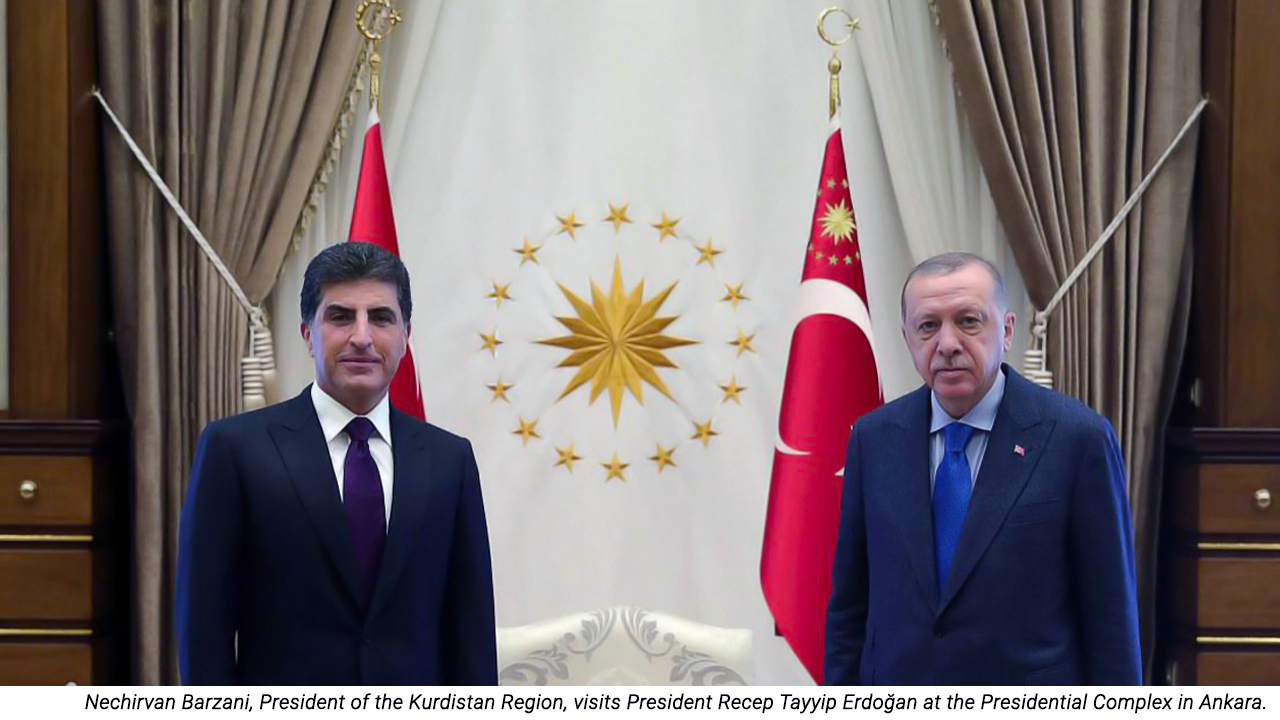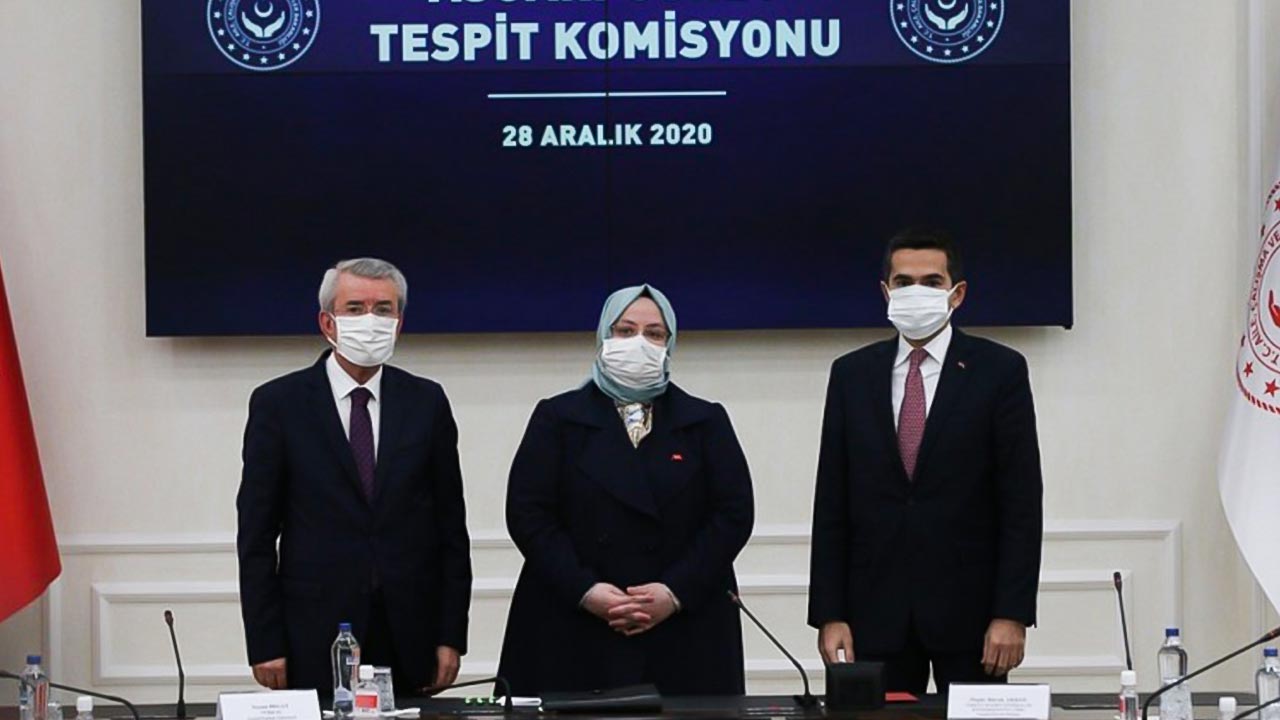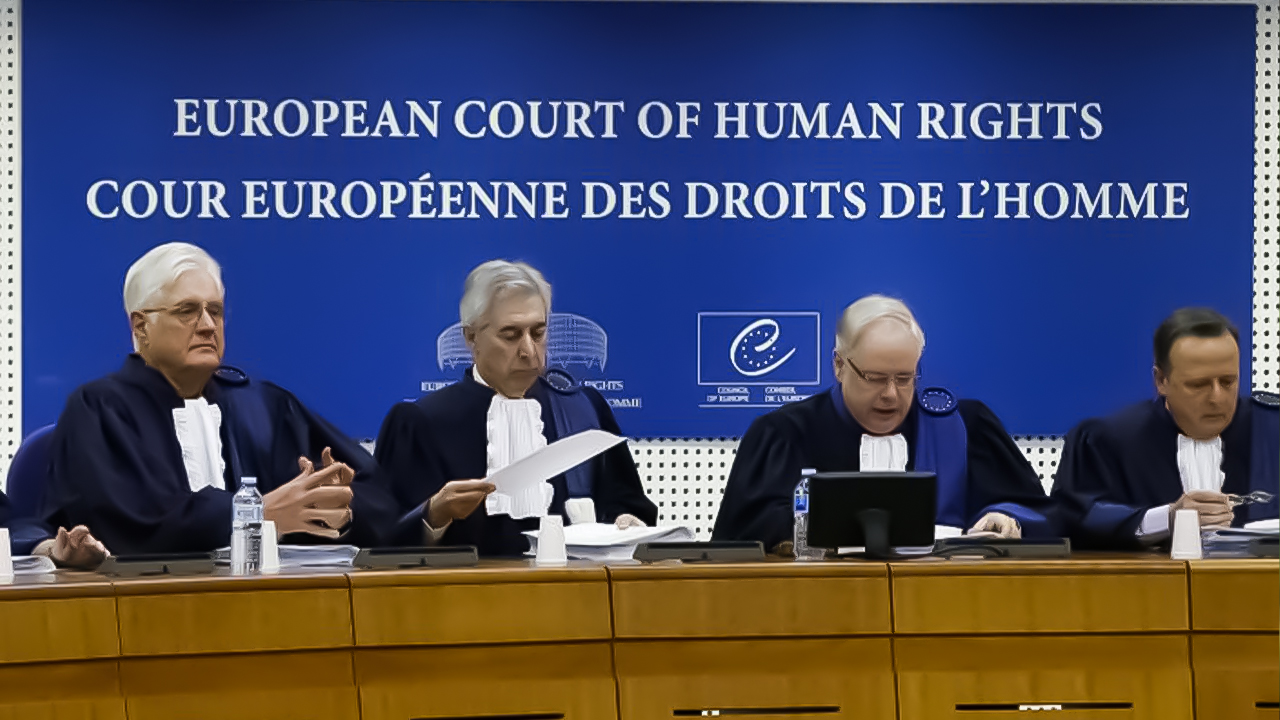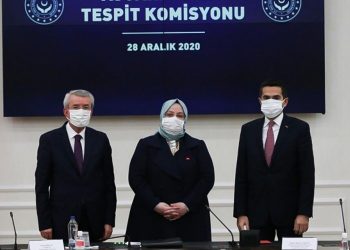by Ferda Çetin
Turkey has established 38 new outposts and bases in the last two years in the Iraq/South Kurdistan territory. So far, military stations, National Organisation Intelligence (MIT) offices, helicopters and unmanned aerial vehicle (UAV) runways, listening and monitoring centres have been established in the following regions: Erbil, Zakho, Dohuk, Batifa, Haftanin, Metina, Hakurk, and Avasin. Outposts and military bases were established for “the fight against terrorism” near the base of the People’s Defense Forces’ (HPG’s) guerrillas.

Undoubtedly, this invasion was made possible with the approval of the United Nations and the USA, as well as with the support of the Baghdad and Erbil governments. Turkey’s plan is not only to establish bases in the areas located close to the guerrillas: its ultimate plan, with the support of the Iraqi and Southern Kurdistan (Başur) governments, is to carry out an extermination operation against the Kurdistan Worker’s Party (PKK).
At the beginning of April this year, there was a build up of Kurdistan Democratic Party (KDP) forces in the village of Zinê Wertê in the Qandil region. This region is under the control of the Patriotic Union of Kurdistan (PUK). When the Kurdistan Communities Union (KCK), the PKK and the people of Southern Kurdistan (Başur) reacted to this military buildup, the Prime Minister of the Southern Government, Masrour Barzani, stated that this build-up was not made for military purposes, it was made as a measure taken for the coronavirus pandemic and to control trips. The KDP’s attitude towards the build-up continued in areas such as Haftanin, Metina and Hakurk.
The real owner of this plan was James Jeffrey, who resigned a while ago. Former US Security Advisor John Bolton mentions in his memoirs that Jeffrey “does not like the Kurds, and he works like a Turkish diplomat”. He brought President Erdoğan and Massoud Barzani together and persuaded them to wage a joint war against the PKK.
In August this year, Joey Hood and David Kopley, US State Department deputy ministers responsible for the Middle East, made an intense effort to unite the Baghdad government and the PUK in this plan. They announced to the press and the public that they were working on this plan. Ultimately, the Baghdad administration became a partner in this plan. The PUK did not accept being part of the plan but it was then persuaded to remain neutral and not interfere in the KDP-Iraq-Turkey-operations in the field.
The growing tensions and conflict between the PKK and the KDP in the Southern Kurdistan (Başur) territory this past month is a result of the tensions between the PKK and Turkey. The KDP is only a simple partner of the Erdoğan government’s plan to make Kurdistan and the Middle East part of the Ottoman lands again.
The Barzani dynasty composed of Massoud-Nechirvan-Masrour does not see Turkey’s occupation of the Rojava (Northern Syria) and South Kurdistan (Başur) lands as a problem. The KDP administration accepts Turkey’s demands and seeks the removal of the PKK’s guerrilla forces from the territory of Kurdistan. Indeed, Regional Vice President Nechirvan Barzani said: “Turkey has no problem with the Rojava Kurds. Turkey entered into the Syrian territory because Turkey has problems with the PKK”. The same statement was made by Erbil Prime Minister Masrour Barzani. He said: “The problems with Turkey are because of the PKK and the guerrilla forces: the guerrillas must leave the area”.
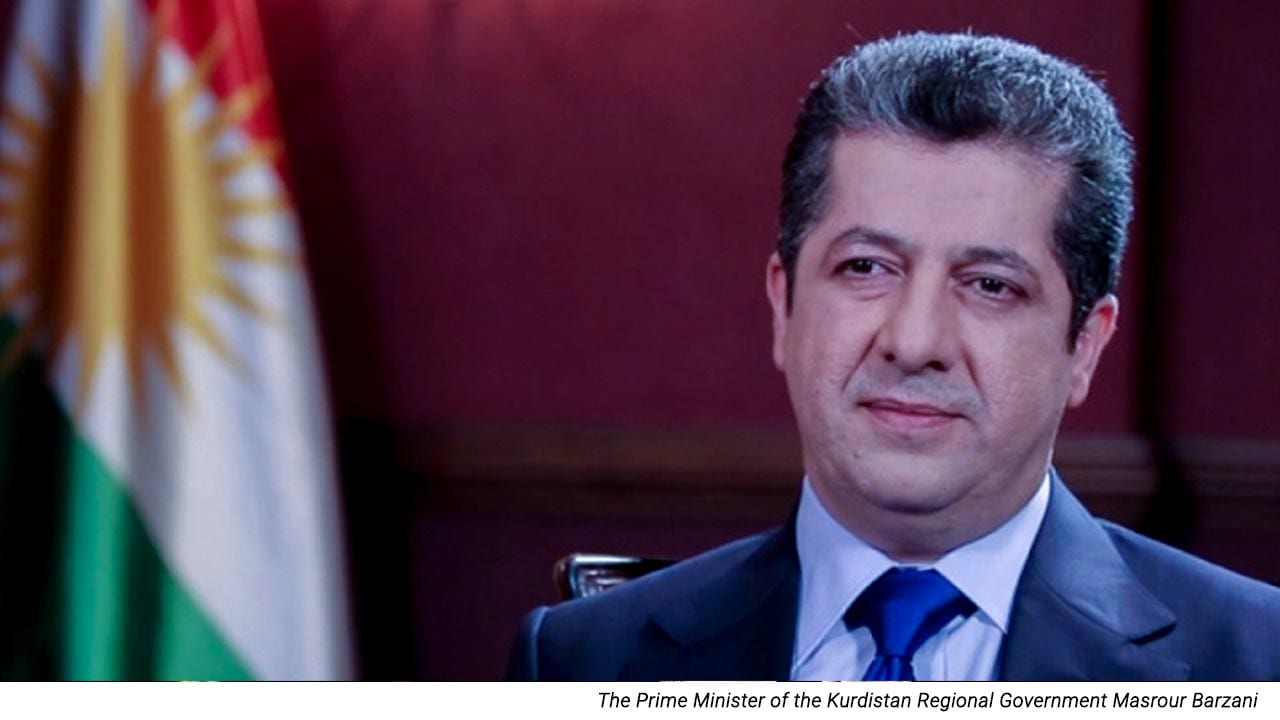
However, the overwhelming majority of the people of Kurdistan know Turkey and President Recep Tayyip Erdoğan well. They have no doubt that they are invaders and enemies of the Kurds. Cooperation and joint military operations developed by the KDP and the Barzani family with the Ankara and Baghdad governments against the PKK are strongly rejected by Kurds living in Rojhelat (Eastern Iran), Başur (Iraqi Kurdistan), Bakur (South East of Turkey), Rojava (Northern Syria) and Europe.
Indeed, the operation started by the KDP and the Barzani family against the PKK was neither discussed nor approved within the Kurdistan parliament, but the operations began with the incident in Zinê Wertê with the support of both Turkey and Iraq. The parties in parliament, especially the government partners of the PUK and Goran, oppose this cooperation and state that the problem should be resolved through dialogue and negotiation.
Thirteen political parties in Northern Kurdistan(Bakur) made a call to prevent a war between the KDP and the PKK and to resolve the problems through dialogue. Meanwhile, a commission was established in partnership with the Southern Kurdistan Parliamentary Union and the Kurdistan National Congress (KNK). This commission called the parties for discussion and dialogue. Although the PKK responded positively to this call, the KDP did not.
In November, a KNK delegation including its co-chair went to Southern Kurdistan. The delegation visited the President of the Southern Kurdistan Parliament, the PUK, Goran, the Islamic Yekgurti and all other political parties. They urged them to end the tensions between the PKK and the KDP. The KNK delegation also requested an appointment with the KDP administration, but the KDP refused to meet the delegation. The PKK declared that it viewed these efforts very favourably and stated that it was ready for a dialogue.
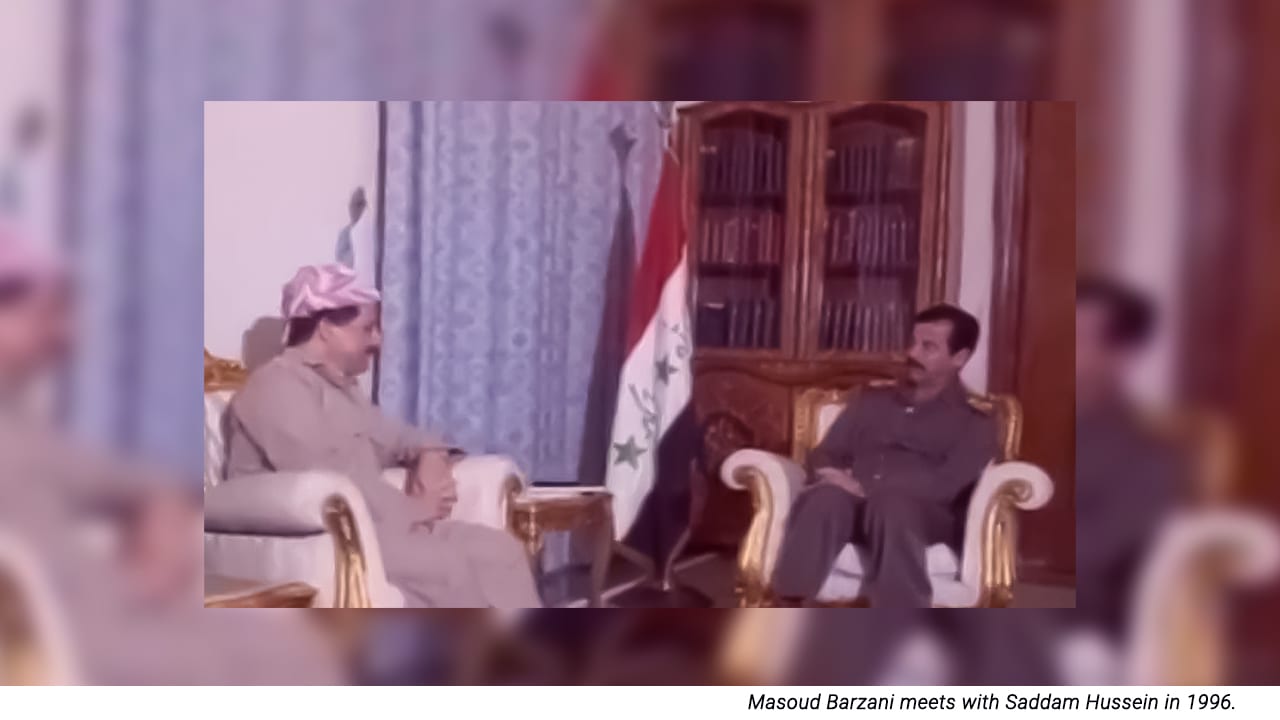
The cooperation of the KDP with the Turkish state and the Erdoğan government has aroused a great reaction from the Kurdish people. However, the KDP and the Barzani family – who invited Saddam and Iraqi soldiers to Erbil in 1996 while they were at war with the PUK – have, on this occasion, invited Erdoğan and Turkish soldiers against the PKK.
Whilst Turkey attempts to increase tensions in Southern Kurdistan using the KDP, it also has increased its attacks on Rojava/Syria. In the past month, violent bombardments have been continuing against towns and villages in the region that lies east of the Euphrates. What is noticeable is that whilst Turkey is in both Iraq and Syria – and invading their land and airspace – member states of the UN, the European Union, the Organization of Islamic Cooperation, the US, Russia or Arab countries are not reacting to this.
Related news
Reflections on the nature of relations between the KDP and Turkey


